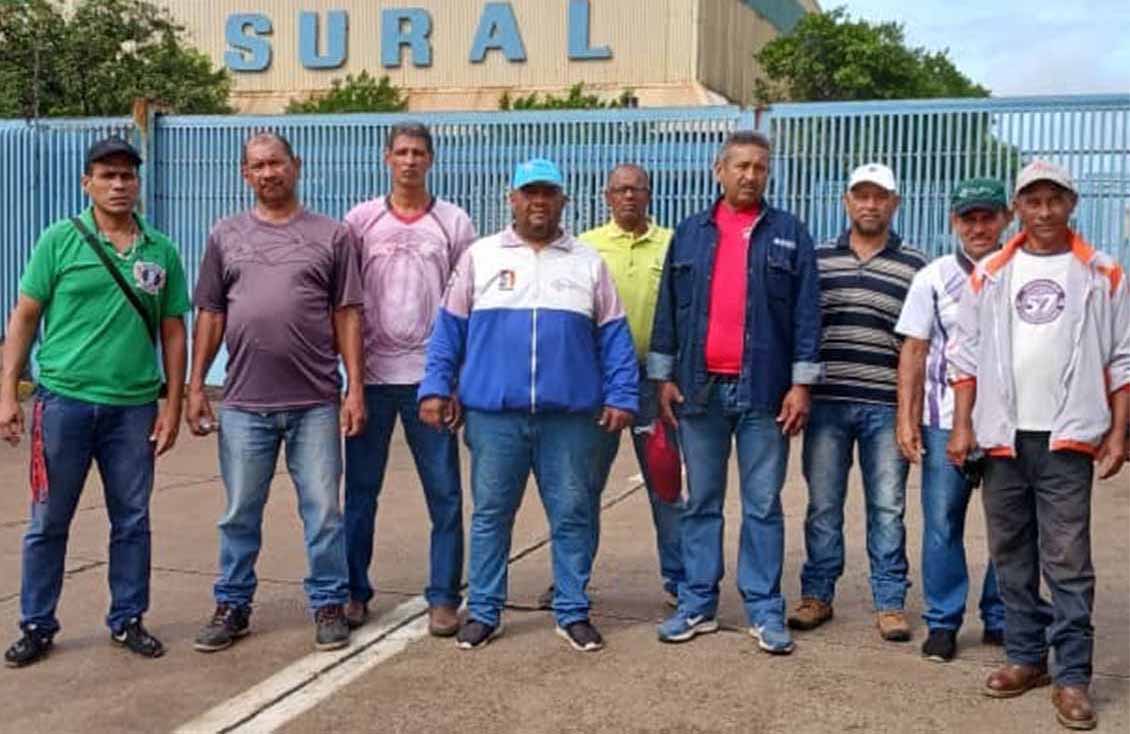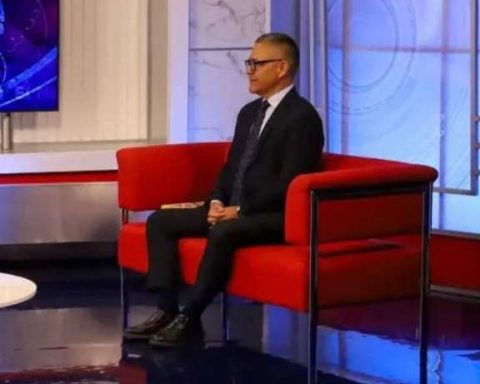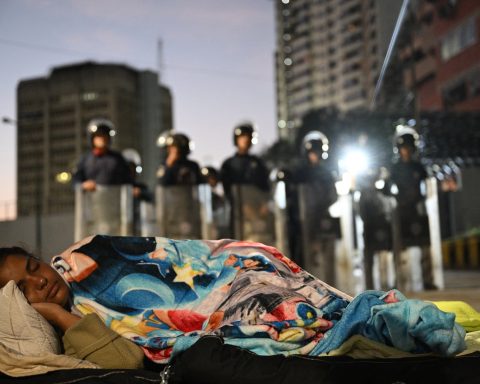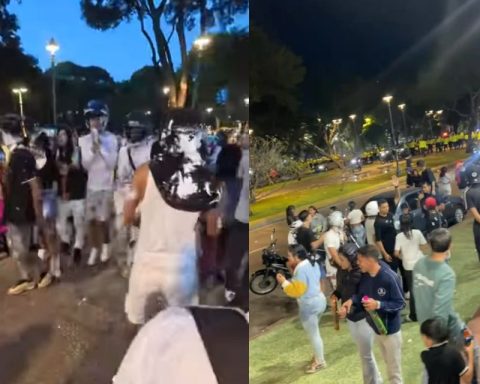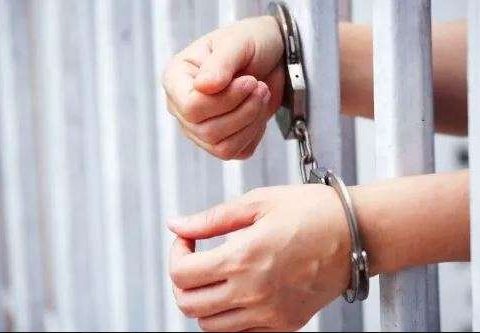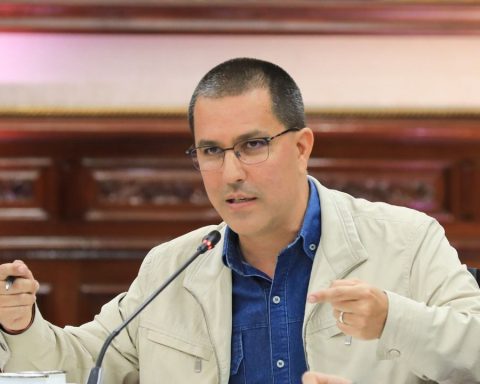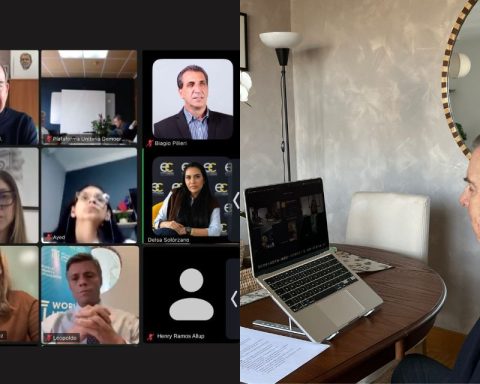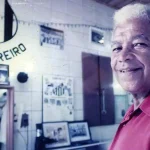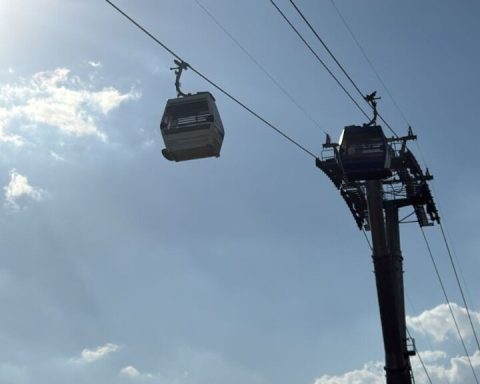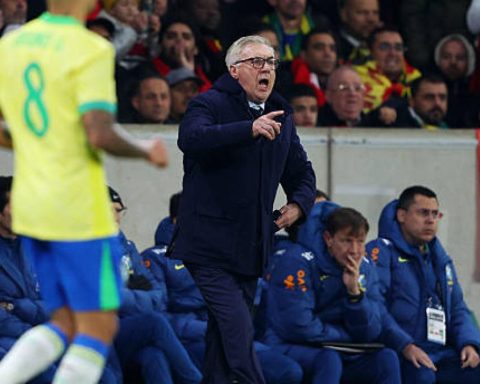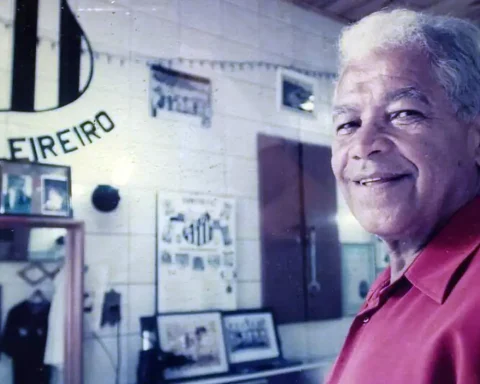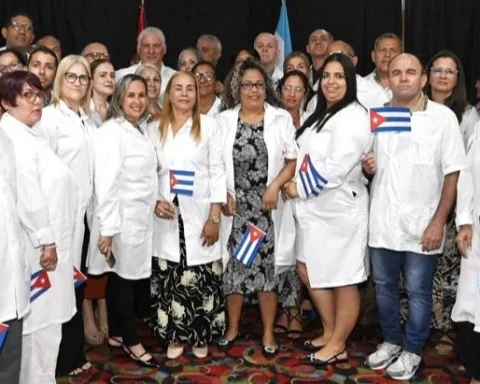Those affected by Suramericana de Aleaciones (Sural) request the intermediation of the Venezuelan State to meet with the owner of the company, alleging that all the clauses of the collective contract have been violated
Author: Francesca Diaz / Caroní Mail
A group of workers from the private company Suramericana de Aleaciones (Sural) denounced Caroní Mail the uncertainty in which they live after the paralysis of the company in 2017, since then they have remained at home without receiving payment of their benefits. Those affected demand that activities be resumed or that their benefits be paid, in case it is a definitive closure.
According to the company’s website, Sural was founded in 1975 as “manufacturers of wires, aluminum conductors, and alloys for the world market.” It is also clarified that the company works with materials from CVG Venalum and CVG Alcasa. The company is owned by Colombian businessman Alfredo Riviere.
The workers Pablo Salmerón, Richard Rodríguez, Yorbi González, José Córdova and Isaac Carvajal explained that the company was closely linked to Venalum, since it provided the raw material for the manufacture of aluminum conductors.
However, given the low productivity of CVG Venalum (in 2017 the energy crisis in the country worsened and with it the death of cells in the state-owned company), the company decided to close its operations and send employees home in 2017 , date from which they have not been called to resume their work.
In this order of ideas, workers claim to be living in poverty and uncertainty, since they do not receive any benefit payments beyond the national minimum wage.
“We need the intervention of the Venezuelan State to discuss with Alfredo Riviere what will be the fate of his workers. We need this businessman to show his face and that he does not hide behind an alleged sale. We want answers for the breach of the company’s current collective agreement. What will happen to our years of service? Many of us have 10, 15, 20 and 30 years of service,” said the victims.
“We do not know who the owners of the company are”
These statements refer to an alleged sale of the company that was reported to the workers a year ago. However, the workers assure that the managers and staff are still the same people.
“Perhaps to avoid pressure from creditors and workers, they came up with the fact that the company was in the process of being sold. But we are suspicious because we see the same manager and staff who are the only ones who attend. That’s weird. It’s like a way of washing the hands of the owner. We do not know what objective they have, if they are recovering spaces to sell it or what happens. We want to talk to the owners, whoever they are, so they can give us an answer about what happened to our profits. If they are going to start or not, “said one of those affected.
So far, management has only communicated with the union, which the workers accuse of being on the employer’s side and, furthermore, of having interests that are foreign to those of the worker. Likewise, the union remains in electoral delay.
«We had a good collective contract, with a tabulator, vacations, profits. Since that was closed, that company is paying everyone, regardless of their rank, weekly, 28 bolivars. That is even illegal because those 4 weeks of 28 bolivars do not even reach the 130 bolivars minimum wage. Today, which is June 1, they have not yet paid the thousand bolivars of cestaticket that the government ordered. Who do we call if those are owners that one does not know? According to the union, the company is contacting the banks to manage the payment of the thousand bolivars,” the workers said.
Sural and private companies in Venezuela
Sural’s situation is not an isolated case, on the contrary, there are many private companies that worked in alliance with the basic companies of Guyana and have decided to withdraw from the country, leaving their employees in an uncertain outlook.
Ferroatlántica de Venezuela (Ferroven) lives the same situation, the company ceased its operations in 2017, the same year that Sural was paralyzed, due to the lack of raw materials and the energy crisis. In the case of Ferroven, the company worked in alliance with the Guayana steel companies.
Gustavo Barrios, Secretary of Labor and Claims of the Ferroven union, has been claiming and demanding an explanation for the workers since 2021. However, the owner of the company, whose headquarters are in Madrid, does not offer answers.
Other companies such as CVG Alunasa, located in Costa Rica, have also seen their operations ceased due to the Venezuelan economic crisis and, so far, no concrete answers have been offered about the future of the companies.
Post Views: 120
